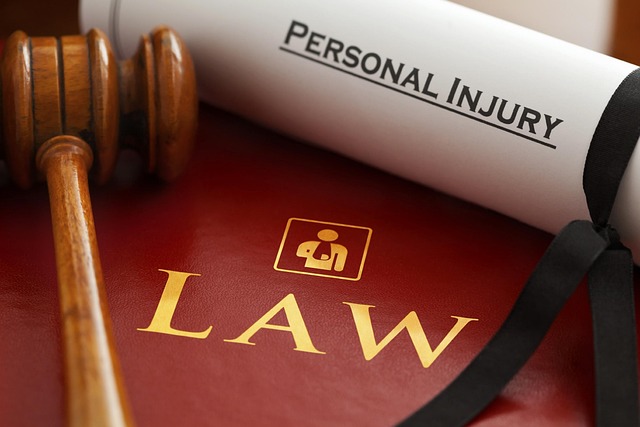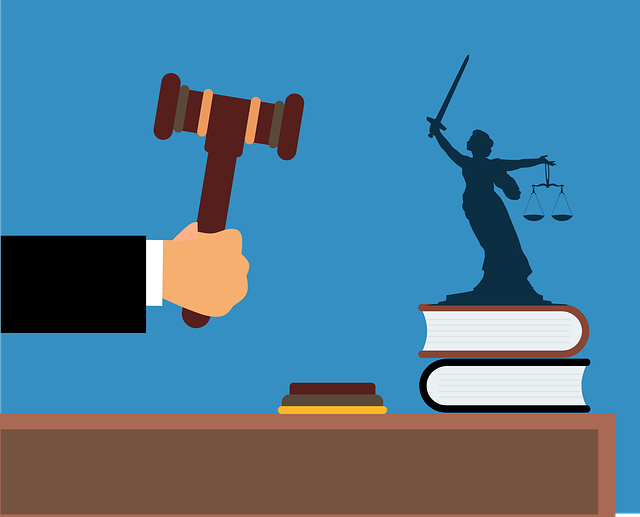Navigating the criminal defense system hinges on understanding one's rights and leveraging legal representation as a crucial pillar for legal advocacy in criminal cases. Attorneys demystify complex procedures, protect clients' freedom, and ensure fair trials through thorough investigations, expert analysis, persuasive argumentation, and strategic navigation of jurisdiction-specific laws. This process is essential to maintaining justice, preventing wrongful convictions, and securing robust defense strategies for the accused.
In the intricate landscape of the criminal justice system, understanding one’s rights and ensuring effective legal representation are paramount. This article navigates the fundamental aspects of the criminal defense system, shedding light on the essential rights accused individuals possess. We explore the pivotal role legal representation plays in safeguarding fairness during trials. Furthermore, it delves into practical strategies for legal advocates to excel in criminal cases, emphasizing the importance of robust legal advocacy in these critical proceedings.
- Understanding the Criminal Defense System and Its Rights
- The Role of Legal Representation in Ensuring Fair Trials
- Strategies for Effective Legal Advocacy in Criminal Cases
Understanding the Criminal Defense System and Its Rights

Navigating the criminal defense system is a complex process, and understanding one’s rights within it is paramount for effective legal advocacy in criminal cases. This intricate web of procedures and protections ensures that individuals accused of crimes are treated fairly and have a chance to defend themselves. A cornerstone of this system is the right to legal representation, which plays a pivotal role in safeguarding an individual’s freedom and ensuring a just outcome.
Legal representatives act as powerful tools for those facing criminal charges, providing invaluable support throughout the entire process. They guide their clients through intricate legal jargon, help them navigate complex court procedures, and offer strategic insights tailored to each unique case. Through thorough investigation, expert analysis, and persuasive argumentation, these advocates ensure that their clients’ rights are protected and that they receive a fair trial—a cornerstone of any just society.
The Role of Legal Representation in Ensuring Fair Trials

Legal representation is a cornerstone of the criminal defense system, ensuring that individuals accused of crimes receive a fair trial. Effective legal advocacy in criminal cases plays a vital role in safeguarding a defendant’s rights and protecting them from potential wrongful convictions. It provides a critical shield against state-driven prosecution, offering a much-needed counterbalance to maintain the integrity of the judicial process.
Attorneys act as powerful tools for justice, delivering specialized knowledge and skills necessary to navigate complex legal landscapes. They ensure that evidence is properly evaluated, rights are invoked, and fair procedures are followed throughout the trial process. Legal representation empowers defendants to understand their options, challenge inadmissible evidence, and present compelling defenses—ultimately fostering a more just and balanced outcome in criminal proceedings.
Strategies for Effective Legal Advocacy in Criminal Cases

In criminal cases, effective legal advocacy is paramount to ensuring a fair trial and protecting the rights of the accused. One key strategy involves meticulous preparation. This includes thoroughly reviewing case details, gathering evidence, and developing a robust defense strategy. Lawyers should also foster open communication with their clients, encouraging them to disclose all relevant information that could strengthen their position.
Another crucial aspect is mastering legal procedures and rules. Lawyers must be well-versed in the laws applicable to their jurisdiction, understanding how to navigate the court system efficiently. Strategic use of motions, objections, and requests for evidence can significantly shape the course of a trial, ensuring that the defense has a strong voice throughout the process. Effective legal advocacy also entails building credibility with the court by presenting compelling arguments, providing clear explanations, and demonstrating a deep understanding of the case’s complexities.






